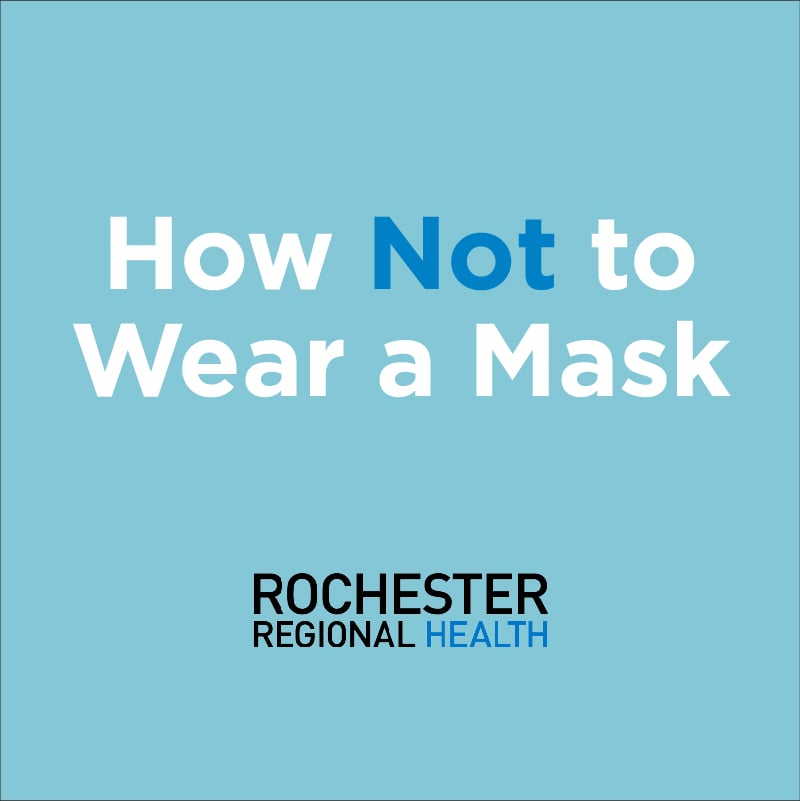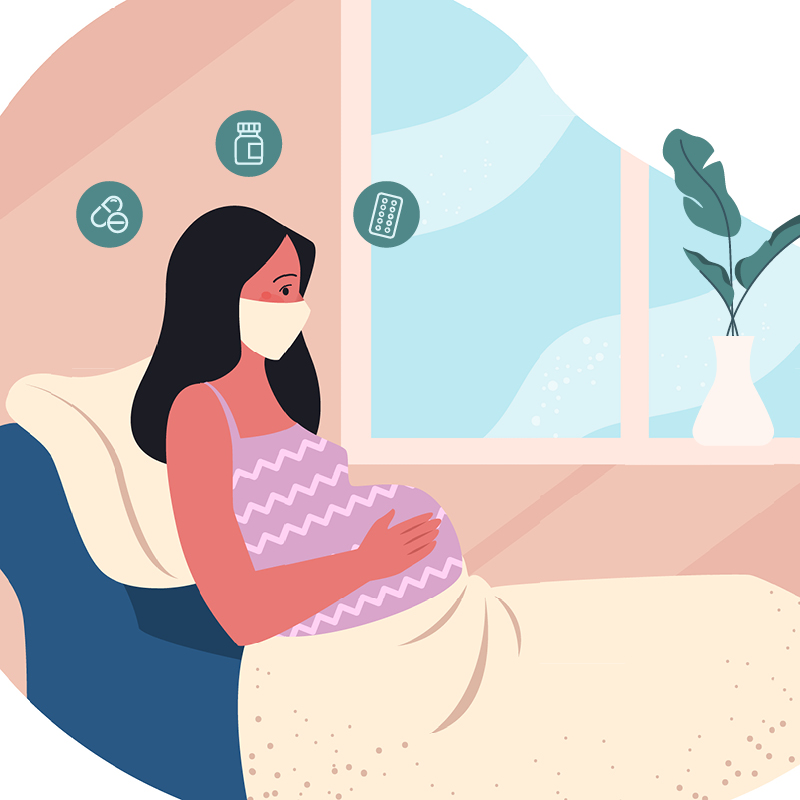One of the last symptoms of a mild virus or illness to go away is a cough. The pesky sensation of needing to cough can be frustrating to deal with, especially if it goes on for weeks at a time.
The reasons behind a person’s cough can be vastly different, so it makes sense that the ways to treat a cough are different as well.
Atit Patel, MD, is a family medicine doctor at Penn Fair Primary Care in Penfield. He explains when to see a provider about a lingering cough, why some coughs last longer than others, and how to treat it.
Why am I coughing?
First, it’s important to understand what the body is doing when a person coughs. A cough is a response to something irritating the nose, throat, airway, or lungs.
It helps to think of the nose and throat as giant filters that help to keep unwanted things out of the lungs. If something makes it past the nose or throat, the lungs have their own filters that respond to things that come in. When any of these filters are triggered, a signal is sent to the brain to cause certain muscles to create a high-pressure environment and begin coughing.
Sometimes there are dust particles or pollens that trigger the cough; other times there are specific chemicals, smells, or fumes that cause the same reaction.
“More often than not, a cough is a symptom of a bigger cause,” Dr. Patel said. “It’s about narrowing down what’s going on based on what other symptoms are happening and asking the right questions to determine exactly what is happening.”
Finding the cause
Most coughs stem from a mild viral infection such as a common cold, COVID-19, or RSV. Other bacterial illnesses like pneumonia might lead to a cough, but are less likely than viruses – especially in people who are healthy.
It’s important to consider other factors that can contribute to a cough, including allergies that cause post-nasal drip, asthma, COPD, GERD, certain medications, chronic conditions like heart failure, or changes in environment.
Coughs can be frustrating, especially when they last more than two weeks. Often there is not a quick fix. If you are unsure what is causing the cough and it is interfering with your daily life, it is best to contact your primary care provider to determine what might be behind it.
“What it comes down to is that each person has their own medical history, so each person needs to be treated uniquely for their situation,” Dr. Patel said. “Sometimes it is nothing more than a cough, but it might also be a symptom of something more.”
Home remedies and over-the-counter treatment for coughs
There are a number of treatments, both home remedies and over-the-counter (OTC) medications, that Dr. Patel recommends to relieve a cough. These include:
- Honey: Offers both relief from throat irritation and works as a cough suppressant. Avoid using this remedy for children under the age of 2 due to botulism risk.
- Ginger: Soothes throat irritation and contains anti-inflammatory properties, particularly for patients with asthma
- Warm fluids: Drinking tea, broth, or soup can relieve not just coughs but also runny noses
- Steam: A hot shower, humidifier, or standing over a heated bowl of water with a towel over your head can all lessen a cough
- Salt water gargle: Helps to lessen triggering cough reflex
- Cough drops: Moisten the throat and lessen the urge to cough
For patients with allergies, nasal sprays or cough syrups like Robitussin can be helpful. When using an OTC medicine, you should always read the label for a list of ingredients. Some have active ingredients that can affect other medications or double up on top of another medicine you are already taking, so it’s important to know your medical history well.
“Especially with prolonged coughs, it’s important to treat the symptoms with the right remedies or medications,” Dr. Patel said. “If you are concerned and your other symptoms are gone but the cough is nagging you, get assessed by your primary care provider and make sure there isn’t something else there.”











